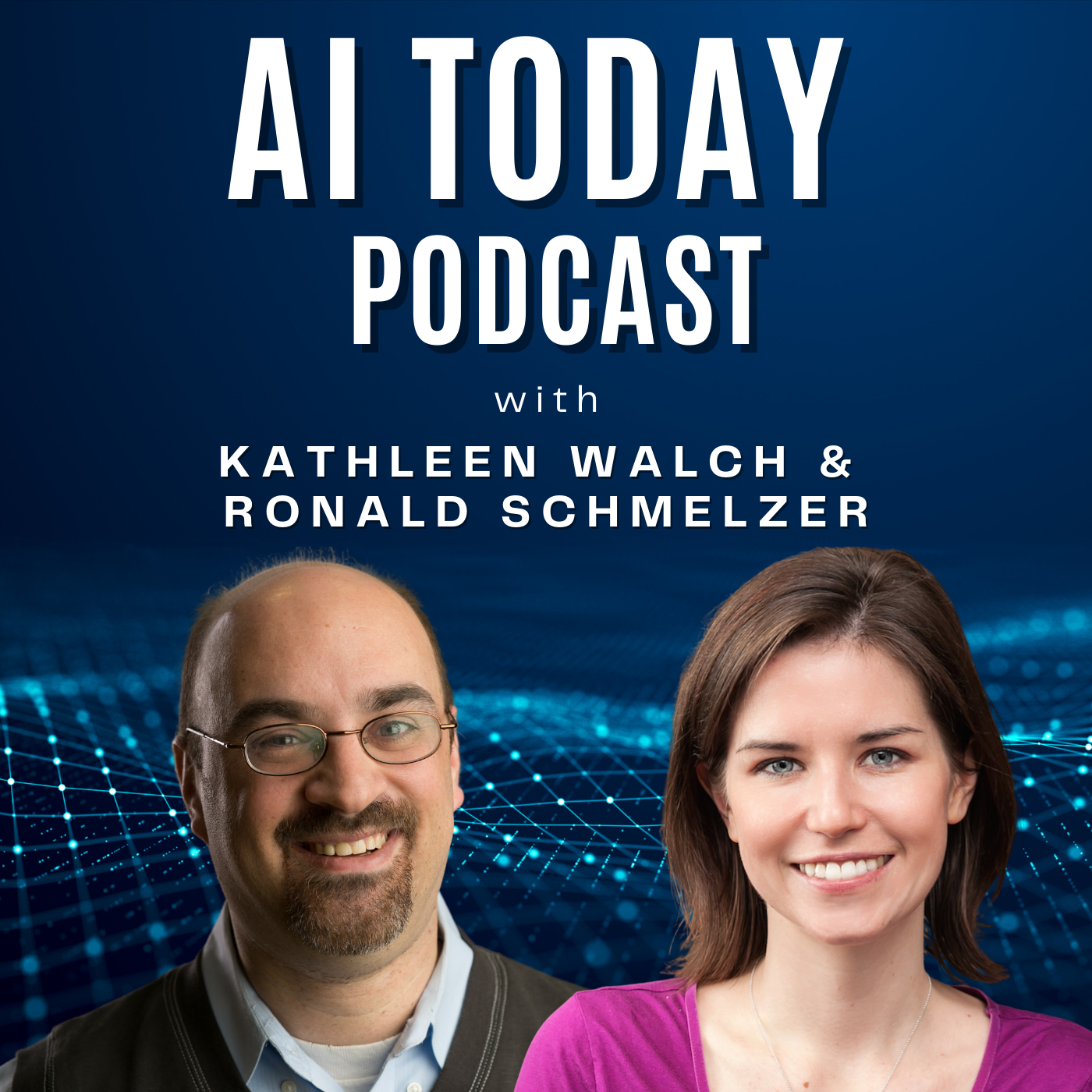Properly Scoping AI Projects
Description
The best practice for any high risk, emerging technology project with ill-defined goals is: Think Big. Start Small. Iterate Often. But, what does that really mean? How do you think big? And how do you start small? What does iteration look like? And how does this connect to project scope? In this episode of the AI Today podcast we discuss what it means to think big when it comes to AI. We discuss how to start with small accessible parts as well as how to incorporate the Seven Patterns of AI to help define where and how to start. We discuss why AI Projects need to be short and outcome focused. And, we let listeners know what it means to be properly scoping AI projects.
How do you scope an AI project?
AI Projects need to be short and outcome focused. Each small iteration should not run more than a few weeks and ideally be a handful of days long. Iterations should never take multiple months, or years! The scope of a project defines what is part of the project and what is not.
In this episode we go into the six processes of scope management according to the Project Management Body of Knowledge (PMBOK). And, which ones specifically matter for AI projects. And from the CPMAI perspective, we share which three steps are the most important for AI projects.
Show Notes:
Free Intro to CPMAI course
CPMAI Certification
Subscribe to Cognilytica newsletter on LinkedIn
Revisiting the Seven Patterns of AI in 2024 [AI Today Podcast]
More Episodes
Effective communication is an important skill to have. And, in this AI-era it's more important than ever. In this episode of AI Today hosts Kathleen Walch and Ron Schmelzer interview Patti DeNucci. She is an author, speaker, workshop facilitator, consultant and keynoting the PMI Austin, TX...
Published 05/01/24
Published 05/01/24
Experimenting, testing, and refining your prompts are essential. The journey to crafting the perfect prompt often involves trying various strategies to discover what works best for your specific needs. A best practice is to constantly experiment, practice, and try new things using an approach...
Published 04/26/24


